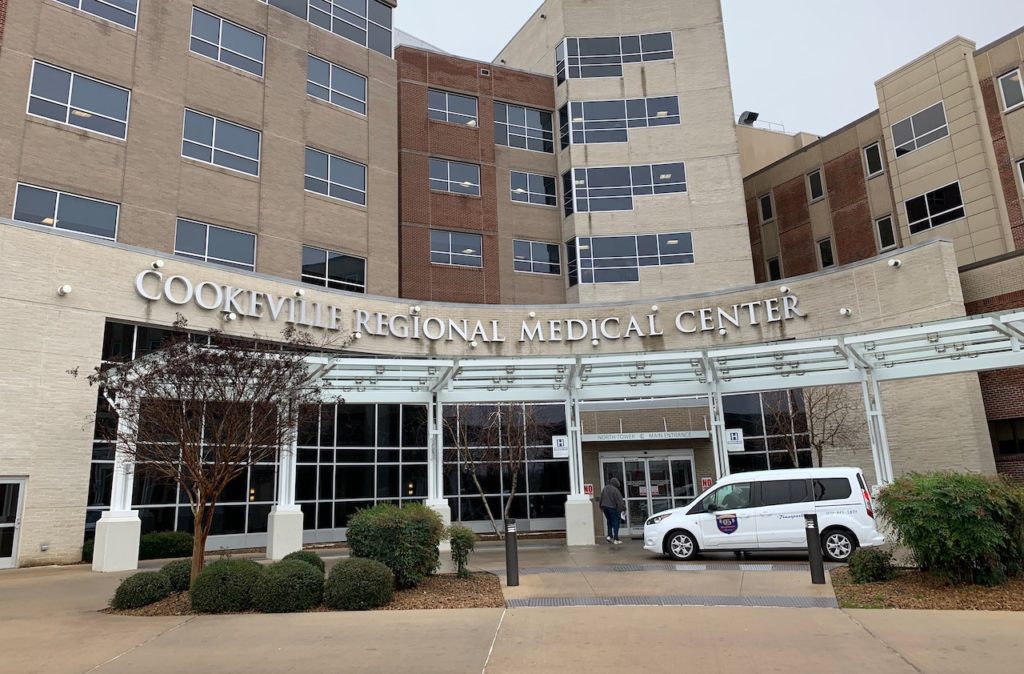
Newly unsealed court documents show why the federal government was investigating Cookeville Regional Medical Center for paying physician kickbacks. While admitting no wrongdoing, the city-owned hospital agreed to pay the federal government $4.1 million in December as part of a whistleblower lawsuit, filed by a former hospital executive.
Cookeville Regional owns Tennessee Heart, a practice with more than a dozen doctors. Naturally, as the only hospital in town, the physicians refer thousands of patients to the hospital for cardiac procedures of all kinds.
The problem, as laid out in the whistleblower suit, is that the hospital was paying the doctors inflated salaries and bonuses. Hospital officials admit it’s a challenge to attract cardiologists to a relatively small town, and Cookeville Regional has the only heart practice within an hour’s drive. But by paying them so well, the hospital lost millions of dollars on the practice itself.
The suit says the hospital justified the losses because the revenue generated by procedures in the hospital more than made up the losses. And the whistleblower says that’s what amounts to a kickback.
This may not sound illegal, and Cookeville Regional maintains that it’s not. Broadly, attorneys complain about anti-kickback rules in health care, known commonly as the Stark Law. And losing money on physician practices in exchange for patient referrals is common, according to health care legal experts.
But a former executive, Duane Seabury, says he had been warning that the scheme would get the hospital in trouble, as recently as a few weeks before he was fired in 2015. He’d been the vice president of physician services since 2011. A month after his departure, he filed the lawsuit that tipped off the Centers for Medicare and Medicaid Services.
The litigation had been under seal until this week. The U.S. Attorney’s office says Seabury will receive nearly $800,000 of the settlement for raising his concerns.
A spokesperson says Cookeville Regional is “restructuring the relationship” with Tennessee Heart. The settlement also involves additional oversight on internal business practices.
The hospital does not challenge the facts laid out by Seabury, but CEO Paul Korth said in a statement the hospital did nothing wrong and that the allegations are merely “a paperwork issue.” He adds that the hospital has made it a priority to keep patients from having to drive to Nashville in order to see a cardiologist.
“Especially in more rural areas, it’s a challenge to get specialists to move there without paying them adequately,” says attorney Brian Roark of Bass Berry & Sims, who specializes in Stark Law compliance. “I think this case highlights the challenge rural hospitals face.”

